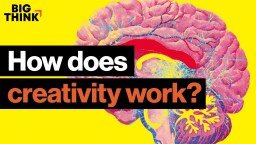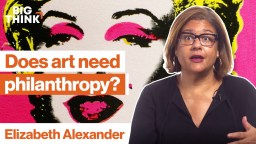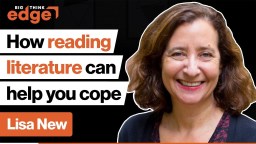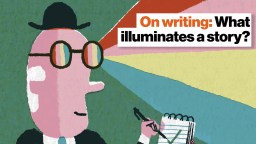writing
Take your story from beginning to end with expert guidance.
There’s a lot to love about the innovations of Scrivener 3 for the Mac.
A tourist generally has an eye for the things that have become almost invisible to the resident.
The author of “Auroville: The City Made of Dreams” talks about the difficulties of establishing (and writing about) utopian societies.
WhiteSmoke Grammar Checker keeps your spelling and grammar issues at bay while also working as a translator.
From novels to movies and beyond, this 11-course bundle will jumpstart your writing career.
A new study collected 500 data points per second. Handwriting won out.
Is indulging in erotic content good or bad for your sex life?
Two famous Italian design companies joined forces to create this masterpiece.
Watch The Daily Show comedian Jordan Klepper and elite improviser Bob Kulhan live.
▸
with
Parenting could be a distraction from what mattered most to him: his writing.
Human brains evolved for creativity. We just have to learn how to access it.
▸
12 min
—
with
Join New York Times best-selling author Maria Konnikova as she leads this special edition of Big Think Live.
▸
with
Don’t worry about grammar rules at first. They’ll only trip you up.
▸
3 min
—
with
Now is the perfect time to take up a new language. Self-motivation and commitment are key to mastering this fun and useful new skill.
▸
10 min
—
with
We wouldn’t want to live without it, so how can we create art that’s durable?
▸
3 min
—
with
Our live stream with Harvard literature professor Lisa New begins at 1 pm ET today.
▸
with
Launch your own copywriting career with these courses.
This sentence search engine takes an innovative approach to improving your writing skills.
Your answer might depend on whom the quote is attributed to, according to the results of a recent study.
Tips on telling human stories that audiences want to hear from start to finish.
▸
4 min
—
with
There are several levels of comedy plagiarism, says Paul F. Tompkins.
▸
4 min
—
with
Parenting is often a compromise between you and your spouse. However, it’s that very melding of styles that makes you both greater than the sum of your individual parts.
▸
4 min
—
with
Laughing is so contagious that we often forget how subjective humor is.
▸
2 min
—
with
Is it acceptable to write a story from the perspective of someone who is completely unlike you?
▸
4 min
—
with
When it comes to making others laugh, you have to help them observe an absurd fact of life with you.
▸
4 min
—
with
Don’t be afraid to have the very experiences you aspire to write about — they will help you write more vividly, and from a genuine place of wonder.
▸
9 min
—
with
“If there’s a book that you want to read, but it hasn’t been written yet, then you must write it.” — Toni Morrison
It may be an uncomfortable thing to do, but creating a will can save your loved ones a lot of headaches after you’re gone.
▸
5 min
—
with
Twain and Tesla had similar passions and an amusing friendship.





























